I’ve talked to hundreds of fundraisers about legacy giving over the years. As a rule, we know that there’s lots of money to be made in bequests, but we feel uncomfortable talking about death – and it feels downright icky to imagine asking a supporter to put you in her will.
I’d like to make this whole task easier for you. A LOT easier…
Here are 8 of my favourite DO’s and NEVERs when it comes to making the legacy ask…
- DO take your time. When I’m helping a client set up a legacy marketing campaign, I like to see them wait a full 18-24 months from the time they first start the communications to the moment when they pop any kind of question. This takes a whole lot of pressure off of both you and the prospect.
- DON’T feel discomfort about the idea that you’re talking about the donor’s ultimate death. Most legacy fundraisers are a generation (or two!) younger than the prospects they’re talking to. Older people (over 60 as a rule) are a lot more comfortable with the idea of their mortality than fundraisers who are in their 30s and 40s.
- DO acknowledge openly that revealing any kind of bequest decision is a very personal issue – and always reassure the donor that if she chooses not to reveal her gift decision, that is entirely her right.
- NEVER ask the question “will you put us in your will?” It’s too self-serving – and it puts the prospect off. No matter what the circumstances, just don’t ask this question.
- If the prospect promises to go see her lawyer and add you to her will, NEVER ask her WHEN she’s going to do it. This implies that you’re going to follow up (and check up) on her. You have no business implying that. It’s her gift – NOT yours!!
- While you shouldn’t ask the donor to make the gift, DO ask her to share what her current thinking is on the idea of a legacy gift (having followed the advice in #1 of course). On a mail package response coupon for example, I like to ask prospects to indicate on of four responses:
I’m just not interested in making this kind of gift.
I’m not thinking about making a bequest yet, but I might in the future.
I haven’t made a bequest yet but I am considering doing so.
I’ve included you in my will.
- NEVER, EVER sound the slightest bit apologetic for broaching the subject of death, wills, and charitable bequests. If you sound hesitant or tentative (as though you’re not sure you should be asking), you’ll create the wrong mood – and you’ll reduce your chances of getting an affirmative response.
- DO make your asking tone positive, visionary, and celebratory (of the prospect’s life and legacy). When it’s done right, the act of making a legacy gift can be one of the most joyous and meaningful experiences in a donor’s life. Your job (and it’s an important one!) is to give the donor the opportunity to experience that joy.
I’m fully confident that if you stick to these 8 pieces of advice, you’ll be a better legacy fundraiser. And, more importantly, your donors will love you for it.
To learn even more about legacy giving and the best ways to ask, you can download the Good Works polling report State of the Legacy Nation or my Artful Persuasion paper on how to persuade legacy prospects to move closer to yes. They’re both 100% free, and jam-packed with useful info and practical tid-bits!


Very well said, Fraser. Making the conversation celebratory and focusing on the donor’s vision, is an amazing skill for a fundraiser.